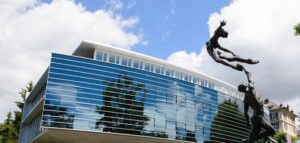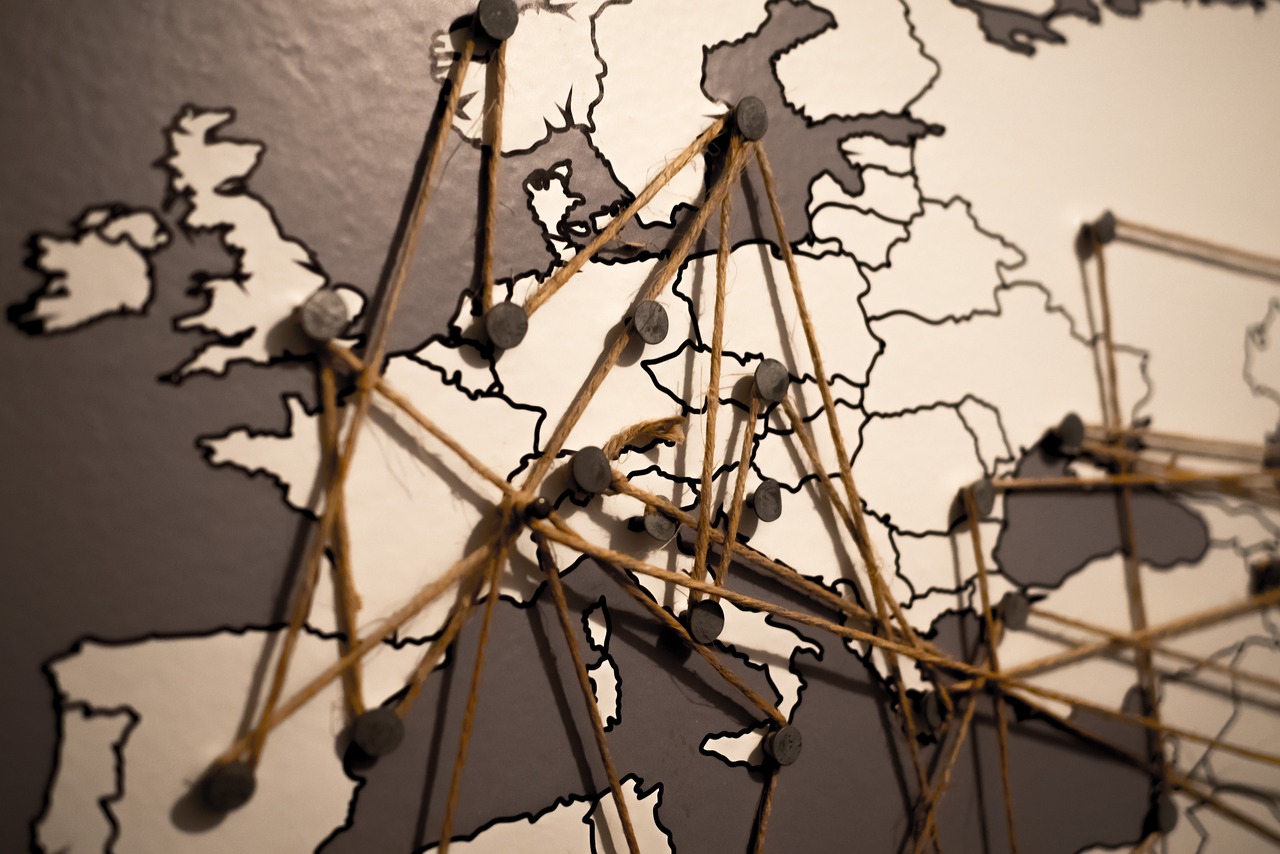Why European Business Schools Should Seize The Day
November 10, 2017 |

European MBA programs are on a roll.
The oft-debated ‘Trump effect’, and concerns about stricter US immigration policy, combined with a growing appetite for the shorter one-year course length preferred by many European MBA programs has rocketed demand over the last year.
GMAC Stats
The Graduate Management Admissions Council (GMAC)’s annual Prospective Students Survey Report cites a sharp increase in the number of international GMAT test-takers who report they’re less likely to study in the US. The number has risen from 35% to 43% between November 2016 and April 2017.
Due to high demand, HEC Paris in France closed its admission for the September 2017 MBA intake early, and with a record GMAT class average. The Rotterdam School of Management (RSM) in the Netherlands is also enjoying a spike in application volume, including many from US-based candidates.
Even the UK schools are seeing a surge in demand, despite concerns about Brexit’s long-term impact. The Alliance Manchester Business School also reports a 26% increase in 2017, while Imperial College Business School in London has seen applications increase by double digits for the last three years.
Forbes Ranking:
As the latest Forbes MBA ranking affirms, the ROI of the shorter one-year MBA program is gaining favor around the world. While it takes HBS students an average of four years to repay their investment, the 13 European schools in the one-year ranking had a payback ranging from 2.2 years to 3.2 years. Forbes editor Kurt Badenhausen cites, “one-year programs have an inherent advantage under this methodology thanks to the smaller foregone costs with relinquishing only one-year of salary.”
Wharton led the US ranking with a five-year gain of $97,100, but seven European business schools emerged with a stronger ROI in the same time period.
Topping this year’s list is IMD in Switzerland, with an impressive gain of $194,700.
IMD Recruitment Manager Paola Eicher confirmed the growing demand at IMD, speaking at the CentreCourt MBA Festival in London. “What we have seen is more awareness from international markets, who typically looked at the US and now project that they would have limited possibilities to work there. So, they are looking at European schools, and their one-year programs. Also, IMD is a focus for more senior applicants who generally don’t want the opportunity cost of an MBA over two years, but would rather be back in the job market more quickly.”
I turned the tables on Paola and her Lausanne colleagues by asking them to answer questions drawn from the MBA essays that they and other top schools ask of candidates. They selected two essay questions adapted from the Chicago Booth and Duke Fuqua MBA applications, in addition to one from their IMD’s application.
Tell us five random things about the business school (Duke Fuqua-inspired)
Among others, IMD played host to Serge Diaghilev’s Russian Ballet and Charles Dickens, and more recently Warren Buffett, Bill Clinton, Usain Bolt and Kofi Annan.
Only two percent of the faculty is Swiss.
The restaurant “the meeting place” is an architectural marvel – state of the art modernism blended into a protected building that once housed the estate stables – serving an amazing range of healthy foods from around the world. On any given day, diners represent 60 countries, each one benefiting from our multicultural service team. The IMD umbrella, with its standout one white panel, is provided freely year-round. It can also be found by the door in just about any of the region’s terrific restaurants – even 20 miles from campus – left behind by some of our 9,000 executive visitors each year who fear it may rain (though it rarely does).
IMD is situated on the shores of Lake Léman, one of Europe’s largest and deepest lakes. It was the first place for the speed of sound to be tested in fresh water, In 1827. Today it provides the water consumed by local wineries, first established by the Romans, and is core to the state of the art eco-friendly air conditioning cooling or warming our newest building.
What is a IMD MBA moment that best resonates with you and tell us why (Chicago Booth-inspired)
The Polar Bear Jump: A tradition initiated by the class of 2010, in which participants mark the start of the program by leaping into the cold waters of Lake Léman. With water temperatures nearing 7°C in January, this is a daring feat for many – especially anyone used to warmer climates!
As word spreads from alumni to incoming participants, the baton is passed down from class to class. The date is set, cameras prepared and the recurring question asked is, “Why are we doing this again?” Staff and families join to cheer from the sidelines, or offer a warming thermos of hot tea for the brave jumpers.
And why do they do it? The, Canadians, Russians and Scandinavians seem to feel the cultural pressure of setting the pace; those from Asia claim a desire to honor their comrades from prior years; the thrill-seekers can’t pass up the opportunity of a new challenge; and the rest, well, they get carried in the wave of enthusiasm, camaraderie and team spirit that epitomizes the IMD MBA.
During the preparation phase there’s a buzz of anticipation; a mix of collaboration and competitiveness, fun and adventure, leadership and teamwork, all of which result in a sense of shared accomplishment and stronger bonds among an incredibly diverse group.
And finally, adapted from IMD’s own MBA application:
“On the 75th birthday of the MBA programme someone presents your laudatio (tribute). It can be a friend, colleague, family member, etc. Please describe what this person would say about you.”
Good evening, I’m Jose, a proud IMD MBA. When I stepped off the train in Lausanne on a cold January over 40 years ago, I hadn’t the faintest idea how the following year would change my life forever. Without it, I, and so many of my classmates or “band of brothers and sisters,” as I think of them now, would never have reached the heights we did. We would not have founded or transformed great companies, created employment and made such positive contributions to the world. We learned to embrace change and challenge. We acknowledged no barriers or hurdles. We led with passion and a deep sense of responsibility to our people and our planet. IMD made us global citizens and while it pushed us well beyond what we thought possible, we came through crucibles such as the end of module exercises, the ICPs and start-up projects full of learning and with an appetite for more. And through it all, maybe even because of it all, we’ve fallen in and out of love, started families and made friends.
IMD, you transformed us and for that we’ll be eternally grateful. Thank you for making it about us and what we can do for society, and for creating an incredible network of genuine lifelong partners who support each other in business and life. Marking the anniversary of such a unique MBA program brings back so many great memories.
A version of this article was originally published on October 24, 2017 in Forbes.
